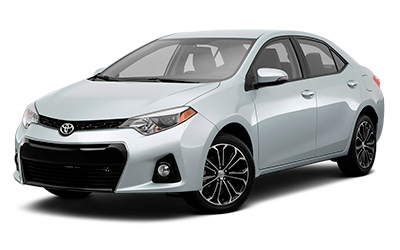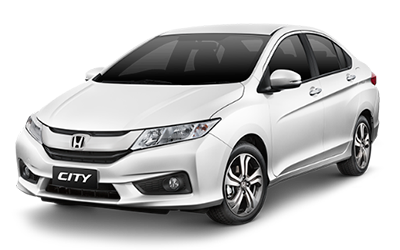Rent BMW in Indore
An four-seated off-roader with state of the art features, the BMW is a trailblazer for such vehicles in India.
Call Now: +91-70890 00145
Rent Mercedes Benz E Class
Exemplary. Driver-adaptive 7-speed automatic transmission with heated front seats, hand-polished Burl Walnut wood interior trim.
Call Now: +91-70890 00145
Rent Toyota Corolla in Indore
The Toyota Corolla is a compact car produced by the Japanese automaker Toyota, which has acquired significant
Call Now: +91-70890 00145
Rent Honda City in Indore
Honda City comes with the latest version of original Honda Variable Valve Timing and Lift Electronic Control (VTEC) engine that employs compact combustion chambers.
Call Now: +91-70890 00145
Rent Toyota Innova in Indore
Innova can be the car of owners pride for its design, comfort, safety and its new innovative features.
Call Now: +91-70890 00145
